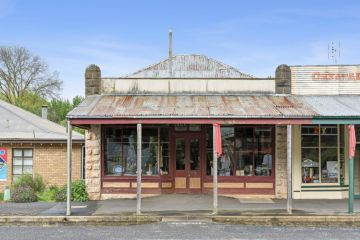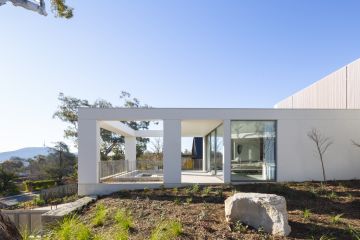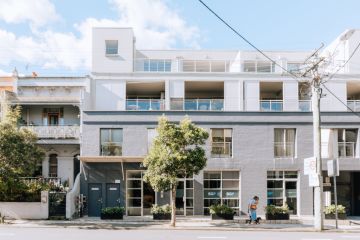Australian cities fall in Mercer's 2018 global cost of living ranking for expats

Residents in Australia’s big cities may be struggling with cost of living – but globally we’re not in the top 10 most expensive places for employees working abroad, according to the 2018 Mercer Cost of Living Ranking.
This year’s survey from the human resources consulting firm scored 209 cities across five continents, using New York as a base of comparison and the US dollar as a measure of currency movements.
While it’s still the most expensive city across Australia and New Zealand, Sydney slipped to 29th in the rankings behind London and Copenhagen, New Caledonia’s Noumea and African cities Abidjan, Libreville and Brazzaville.
Melbourne, at 58th, was leapfrogged by Munich, Mumbai, Helsinki and Bangkok, and Perth came in a few spots later, at 61.
Canberra was ranked 77th, down from 71st, while Brisbane was ranked 84th – below Auckland at 81st, which had also fallen, while Adelaide came in at 87th.
According to Karla Costa, Mercer’s global mobility leader based in Sydney, this was not because Australia was becoming cheaper – rather, other countries in the Asian region were becoming more expensive.

Asia had six of the top 10 most expensive cities for expats, with Hong Kong scoring the top spot, followed by Tokyo, Zurich, Singapore and Seoul.
Angola’s capital, Luanda, dropped from first last year to No. 6 off the back of a softening housing market, while Shanghai, Ndjamena, Beijing and Bern rounded out the top 10. New York was the United State’s highest entry, coming in at No. 13.
Ms Costa said it was important to note that the Mercer Survey was for international assignees – not locals working in Australia – and was drawn from 10 different categories including eating out and at home, transportation as well as the cost of sport and leisure activities.
“For the purposes of the ranking,” she added, “We have included accommodation as well.”
In particular, she said, it was housing that could be keeping Sydney and Melbourne more expensive than some of the smaller American cities, along with the costs of some goods and transportation.
Mercer figures show the price of an unfurnished two-bedroom apartment in Sydney, calculated monthly, was cheaper than Hong Kong, Tokyo, London, New York, Shanghai, Moscow, Zurich and Seoul. Adelaide stood out as one of the cheapest places to rent an equivalent apartment, Ms Costa said.

Considering Australia’s high salaries, and relative safety and stability, becoming a cheaper place to live compared to our neighbours could mean attracting more investment and talent from international companies.
“Last week, I was in a conference with 150 clients – mostly in Europe,” Ms Costa explained. “They said: We don’t have an issue sending people to Australia.”
London was ranked the most expensive city for cinema tickets, Moscow for jeans, Seoul for a coffee, Zurich for hamburger-based fast food meals, and Hong Kong took out top honours for petrol.
In contrast, this year’s ranking of cost of living from The Economist ranked Sydney as the 10th most expensive city, up four spots. Meanwhile Numbeo, which is based on a user-contributed database, ranked Sydney at 32nd for 2018, and Melbourne at 64th.
Housing costs remain a pressing concern. Released at the start of this year, the 14th Annual Demographia International Housing Affordability Survey, put Sydney and Melbourne in the top five least affordable major housing markets in the world.
With Australian wage growth below market expectations and rental affordability proving a challenge, particularly in Sydney, it’s unlikely that the drop in the Mercer Affordability will prove much of a consolation to locals feeling the pinch.
Professor Rachel Ong, from Curtin University, said she saw “a persistent housing affordability problem, that is creating pressure on a lot of households.”
“We do see cycles in our capital cites and sometimes they go in different directions – the housing market has softened quite a lot in Perth”, she said.
But house prices remained very high compared to incomes viewed over the long run, she explained, and there was quite a lot of correlation between rental affordability and house prices across the different Australian markets.
Mercer Cost of Living Survey – Worldwide Rankings 2018
1. Hong Kong
2. Tokyo
3. Zurich
4. Singapore
5. Seoul
6. Luanda
7. Shanghai
8. Ndjamena
9. Beijing
10. Bern
11. Geneva
12. Shenzhen
13. New York City
14. Copenhagen
15. Guangzhou
16. Tel Aviv
17. Moscow
18. Libreville
19=. Brazzaville
19=. London
We recommend
We thought you might like
States
Capital Cities
Capital Cities - Rentals
Popular Areas
Allhomes
More







